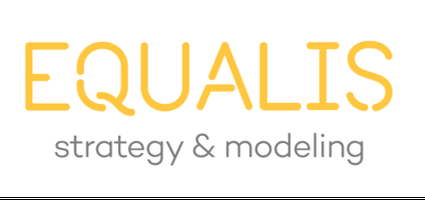Equalis – Equalizing the Cost of Health Insurance #SWI2017
In the Netherlands, health care expenses show major differences amongst regions. For instance, citizens of Heerlen had average health care costs of 2811 euro per insured, whereas this was only 1.633 euros in Urk (published by Vektis, a collaboration of health insurance companies). A possible explanation might be that citizens of Urk have a better health status compared to citizens of Heerlen, and consequently have fewer health expenses. However, the difference in expenses could also be caused by variation in the efficiency of health care providers.
Goal
The aim of this project is to identify costs related to health status and costs due to inefficiency in healthcare. For this purpose, you will receive real data concerning the health care expenditures and population characteristics of regions (zip codes) in the Netherlands.
Background
The Dutch health care system is a regulated market. Health care providers negotiate with health insurers over the budget for care, which the insurers partly get from the government. The government uses a predictive model to estimate the health expenses of the insured a priori. In this model, many characteristics that are related to the health of the insured, such as age and whether the insured used certain medication, are used to predict its health expenditures. The government likes to compensate the health insurers for health-related costs and not for cost due to the inefficiency of health care providers. The insurers should carry the risk of costs due to inefficient care, such that the insurers have an incentive to only buy efficient care from providers. The results of this project could be used to improve the predictive model, such that the society does not pay for the inefficiency of health care providers but only for health-related cost differences.
For an introduction to the concept of risk adjustment in health care markets, see the short movie on Youtube here.


